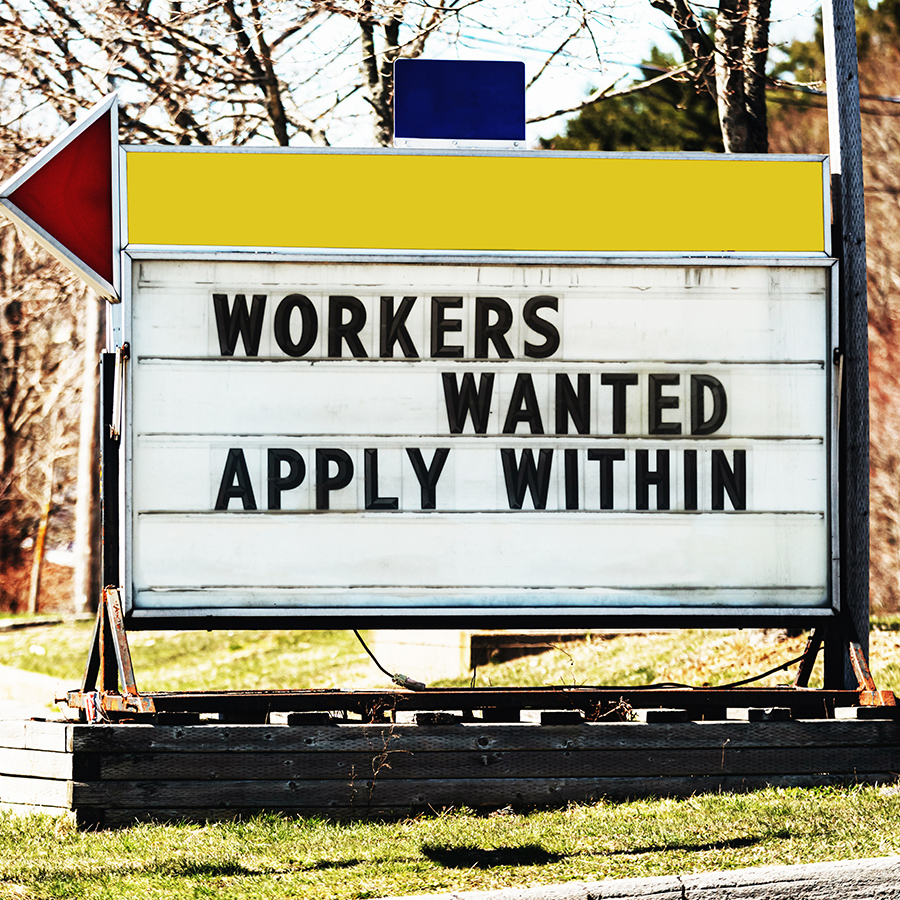Business as usual has no place in today’s manufacturing operations. Executives are actively exploring every option for managing shortages, delays, rising costs, and workplace safety.
Each quarter, TBM assembles a group of middle market manufacturing and service sector executives from major companies in a variety of industries to debate priority industry issues and best practises for addressing them. Recently, participants addressed two of the most challenging ongoing ramifications of the pandemic—supply chain disruptions and workplace safety. They shared creative approaches for design, logistics, and strategy changes for securing parts faster along with new cost-sharing tactics for dealing with inflation. Participants also discussed how they are evolving COVID-19 policies to address employee concerns and potential new compliance requirements.
Here are a highlights from the conversation between the manufacturing and service business leaders who joined our Operations Executive Roundtable:
Vigilance is essential to staying ahead of the next supply chain bottleneck.
- Beware of the next major material shortage. While chips could remain in short supply through 2023, other commodities (such as metals) could become problem areas as well.
- Stay informed and plan now for ongoing access to essential components by looking at dual sourcing strategies and other alternate sourcing options.
- Proactively explore alternative designs and look at ways to work around the most constrained components.
- Take advantage of customers’ current willingness to accept and quickly approve sourcing and design changes.
Build up inventory and insight to create a safety net for managing shipping delays.
- Overordering is in no way a sustainable long-term solution, however, many executives view it as the lesser evil compared to not having product to sell. Consider oversizing orders for the first quarter of 2022, but be careful to account for the downside of extra inventory.
- Leverage any and every connection, particularly in overseas markets, to gain first-hand knowledge on daily changes to container availability, port shutdowns, and delays, as well as to keep tabs on the location of freight.
- Factor premiums for shipping containers and truck space, as well as longer lead times, into your planning and strategy sessions.
- Weigh the impact of using alternative shipping routes including phantom or drop ports where they may be easier access to containers and freight ships.
- Stay tuned in to how technology is evolving the logistics industry and new options that could be available in the future.
Do not shy away from difficult conversations with customers and suppliers about costs.
- Persistence can pave the way to collaborative, workable solutions.
- Tailor cost conversations to markets and individual customers as needed as opposed to implementing a one-size-fits-all policy.
- Review pricing contracts (both for customers and suppliers). Enacting fees for securing truck space or ensuring delivery date can help companies recoup rising expenses.
Stay in touch with employees' concerns and evolving regulations for a more effective and balanced COVID-19 policy.
- Plan ahead for a potential vaccine mandate. Listen to employee concerns, source testing supplies to stay ahead of potential shortages, and factor in the increased costs for your organisation.
- Develop internal testing capabilities or contract with a provider to offer those services onsite.
- Provide education on the virus and the vaccine and support employees who wish to be vaccinated however you can with onsite vaccine clinics, transportation, and paid time off for obtaining the vaccine.
- Help keep infections out of facilities by encouraging testing and providing additional paid time off for any associate experiencing symptoms, regardless of vaccination status. Requiring a doctor’s note and/or test results for any associate using a paid “COVID day” can ensure the policy is not abused.
- Scenario plan for future outbreaks and quarantines and how they will impact production in your facilities.
Flex your creative problem-solving muscles.
Operations executives have been battling with COVID-19-related issues for more than 20 months. As the global crisis continues to take new turns, frustration levels are reaching all-time highs. However, executives are continuing to hone their crisis management skills and find new ways to ensure their businesses remain operational and profitable.
Persistence, vigilance, and innovation remain key as does taking advantage of every connection, resource, and partnership available to your business. TBM will continue to help clients explore and implement innovative and proven approaches by sharing insights, best practises, and success storeys that can be quickly put to work.
For additional ideas, see our most recent articles on global supply chain issues. Or reach out to discuss your specific challenges and needs.





